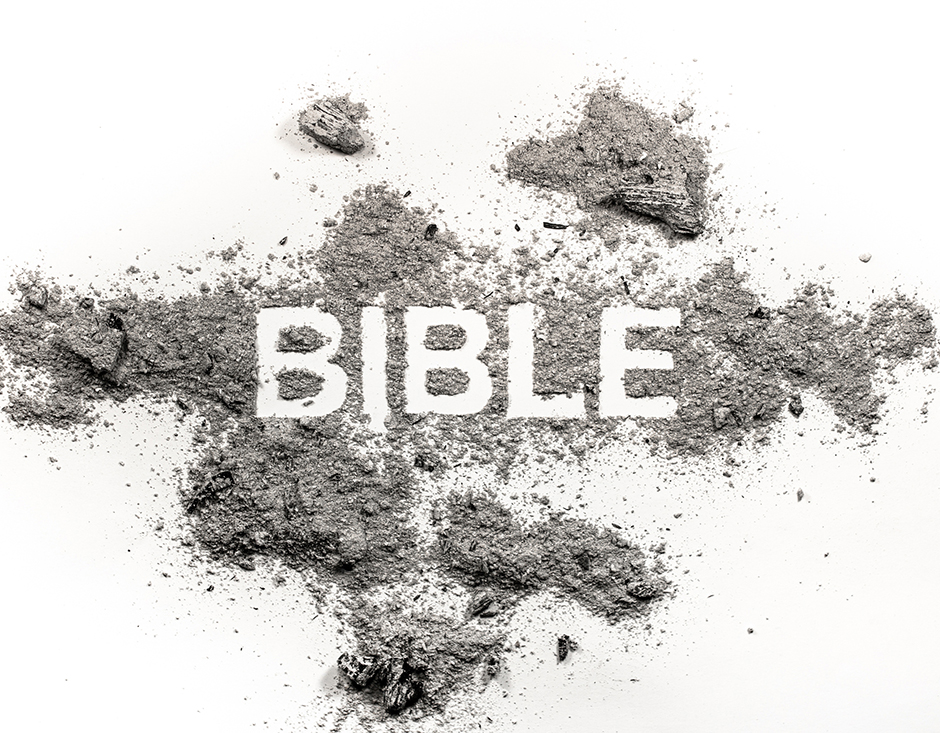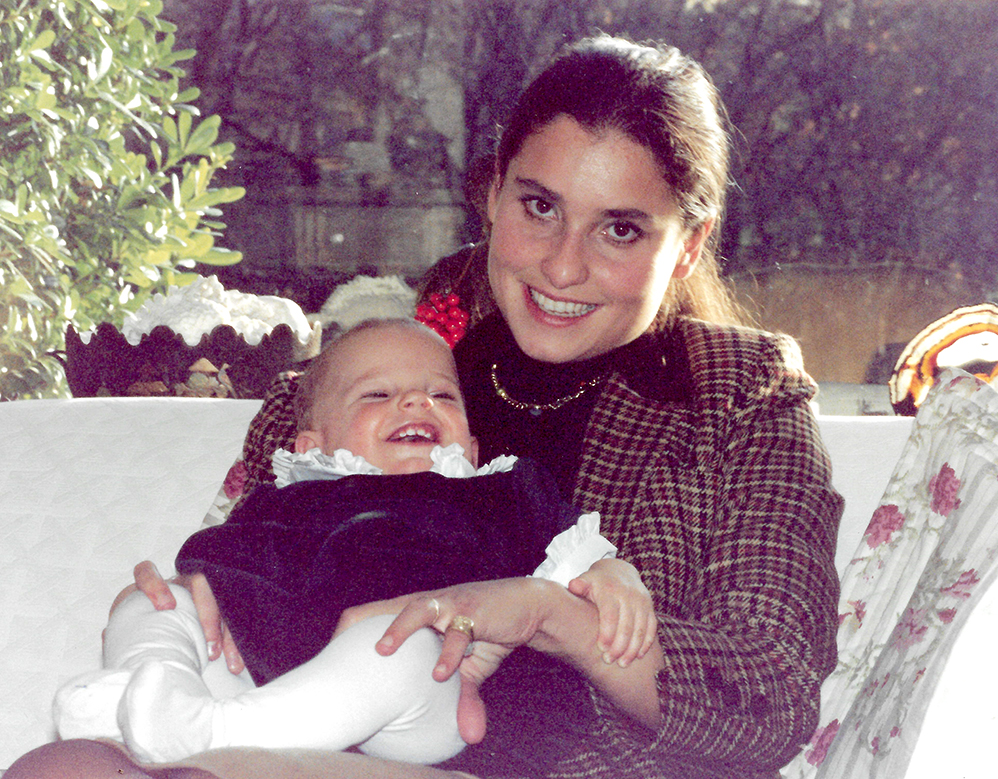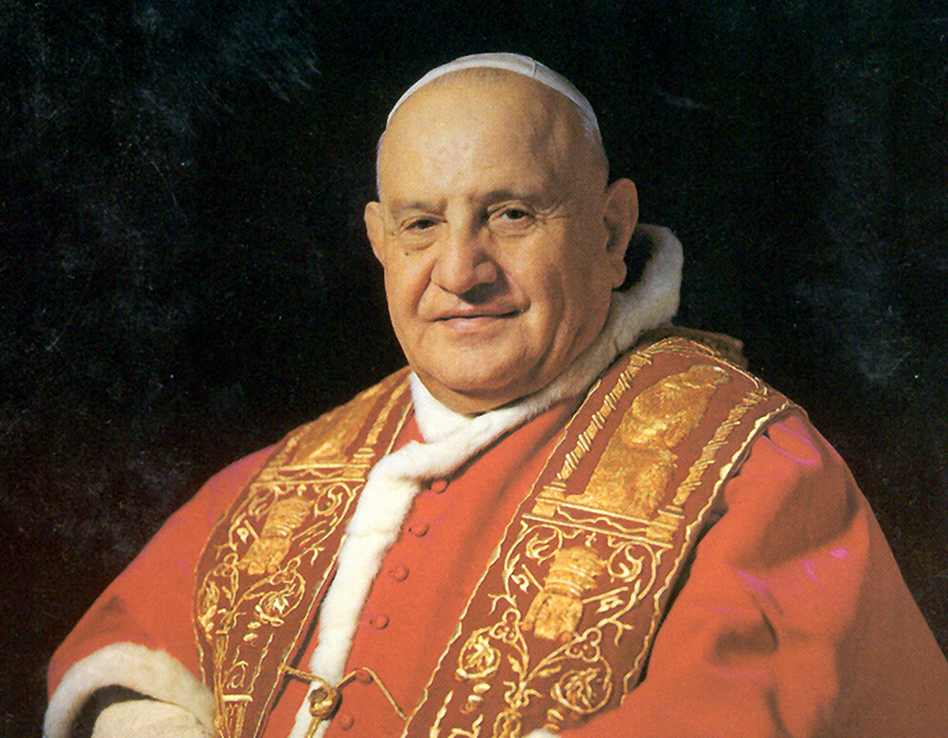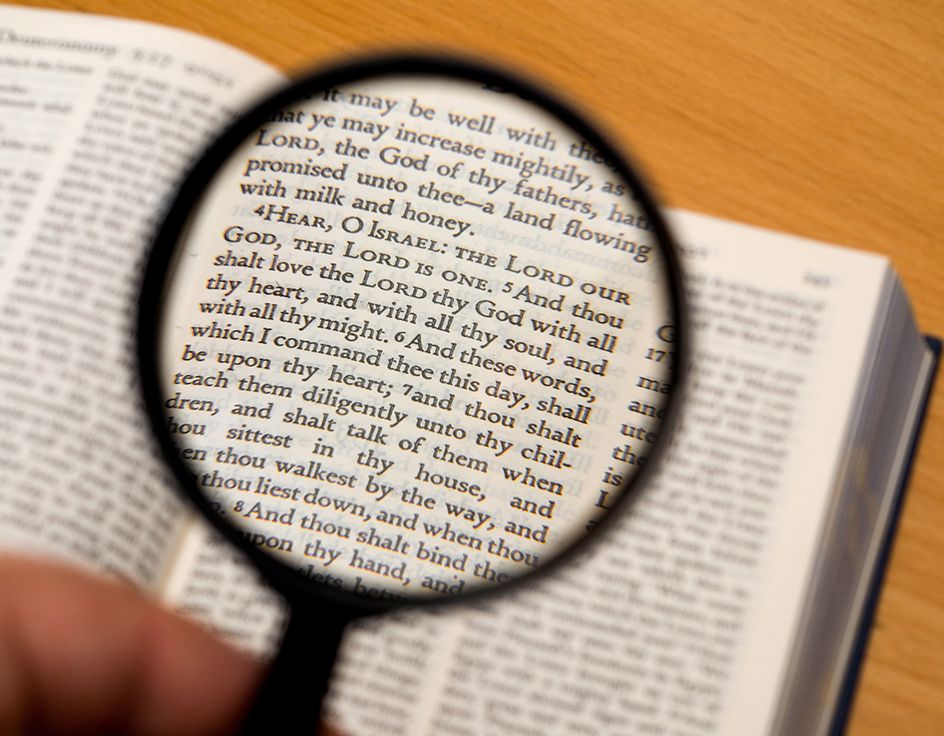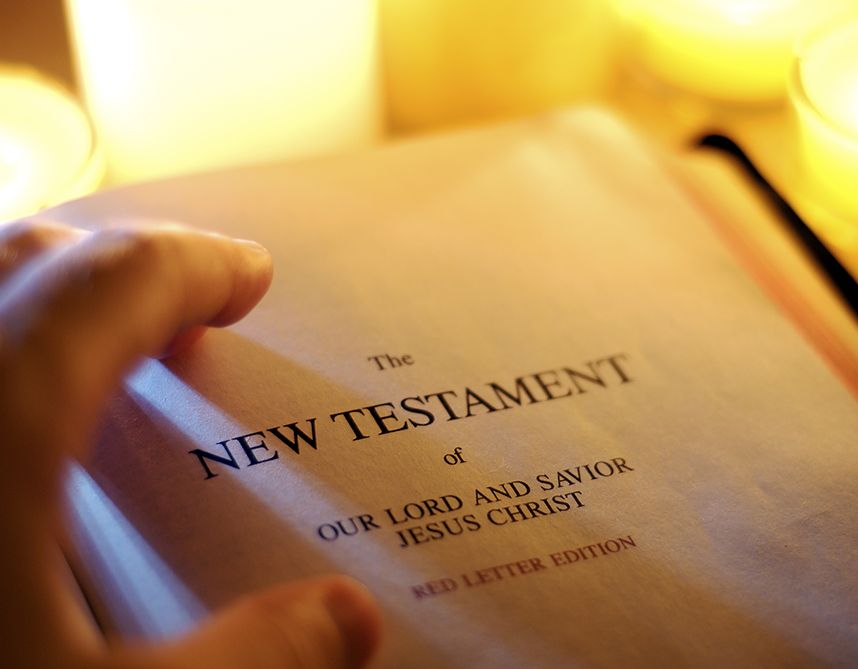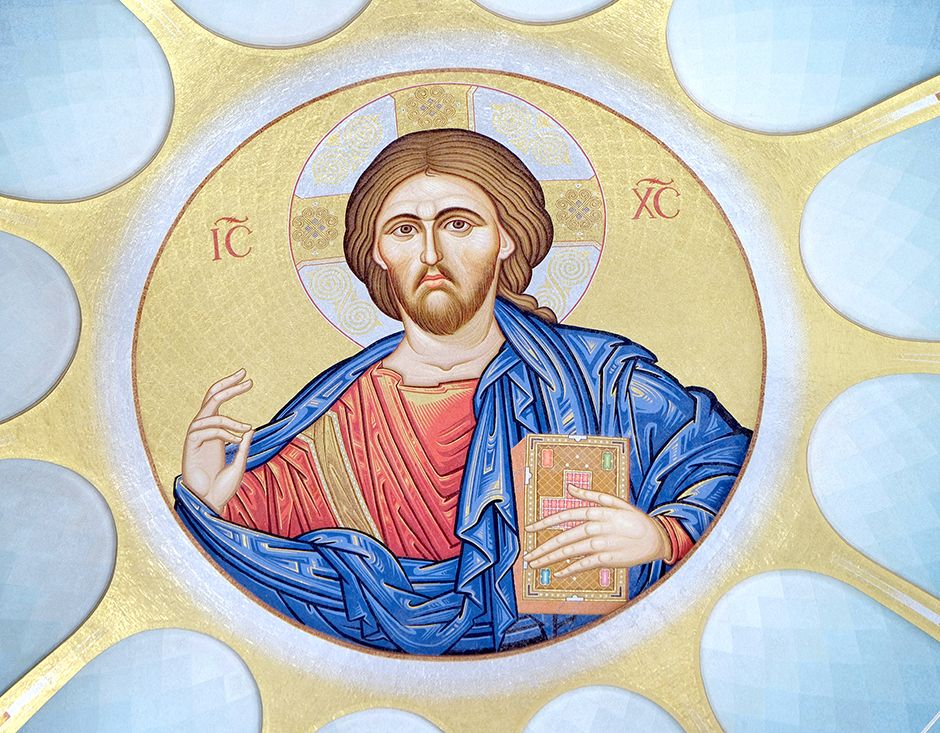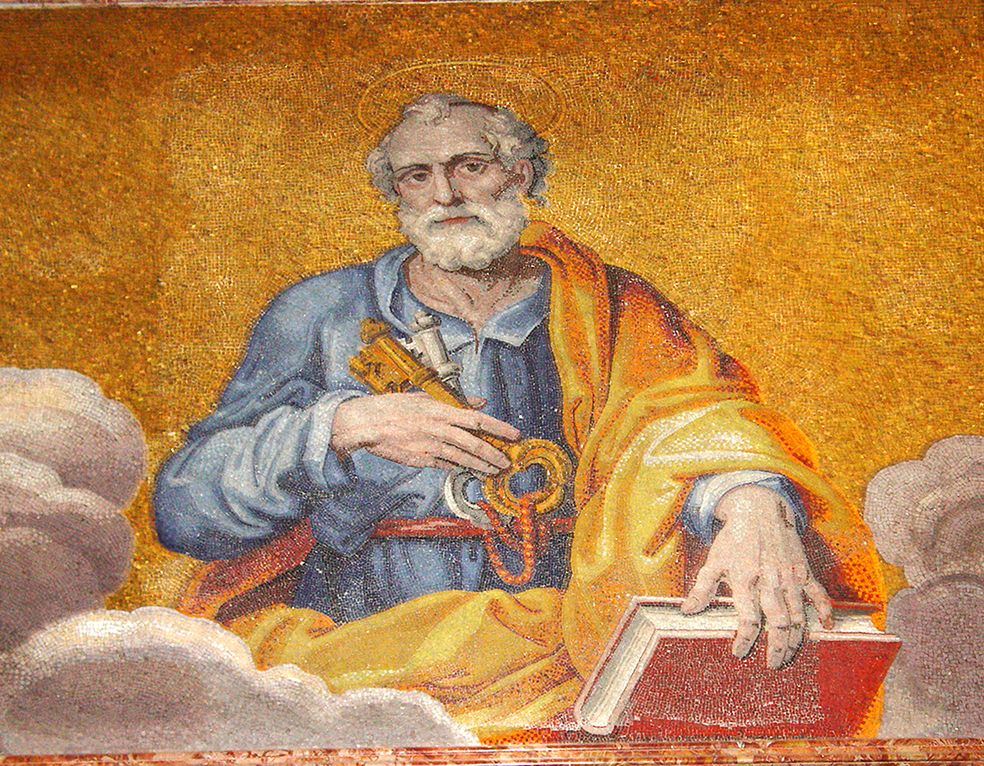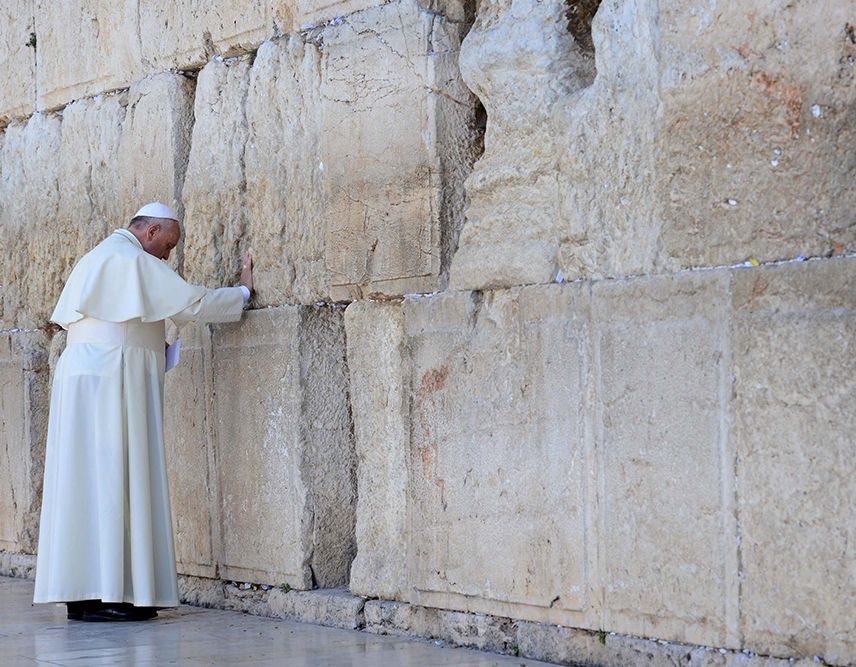The Bible is God’s book. It is about goodness, God’s infinite goodness, and the goodness of people who follow God’s law. In the Bible, even kings can be condemned by the prophets because of their evil deeds. Famous episodes are king David’s sins of adultery and murder (2 Samuel 11-12) and Naboth’s vineyard (1 Kings 21).
The problem arises when evil like violence seems to be ordered by God like in the “Ban” (Joshua 6:17-19). Ancient warfare was very cruel. This cruelty is represented especially by the “Ban (herem)” by which persons: men, women and children, and all objects were devoted to the deity for destruction in the context of the capture of a city. The ban is mentioned only in the period of the conquest. Such episodes are present in the books of Joshua and the first book of Samuel.
It is survival from more primitive and barbarous times. The mass murders of hostile people cannot be justified morally in any way by the fact that the Hebrews believed that the action was pleasing to God, even ordered by God. The conception of Yahweh as a warrior was an imperfect apprehension of his reality and activity.
THE MESSIANIC DREAM
There is, however, a development and a growth in the moral and religious mentality of the Old Testament. In it we find elements which permit man to emancipate from the idea of war which is “primitive” in ancient as well as in modern times.
Several passages of the prophets declare the futility of the war as a means of assuring peace and security. It is not the means of salvation for the people of Israel. Their survival is assured by faith, especially the messianic dream of the prophets which is a world without war, bound by universal peace and tolerance (“They will hammer their swords into plowshares”: Isaiah 2:1-5).
In the New Testament, Jesus says that whoever lives by the sword will die by the sword (Matthew 26:52). Jesus teaches not to resist evil and to love our enemies. Jesus’ total non-violence is present in the Church through some of his followers like the religious and espoused by some (pacifists). However, the Catholic tradition has always accepted reasonable violence in the defense against unjust aggressor.
THE CONQUEST OF THE HOLY LAND
A compound problem is the conquest of Canaan. When Abraham, Isaac, and Jacob were leaders of large families and nomadic clans, they used to wander through the land of Canaan, looking for pasture and water for their flocks. The land did not belong to them but to several other peoples. Abraham only bought the tiny property at Mambre (Hebron) to be his burial ground (Genesis 23).
But the Israelites multiplied and became a people during the slavery in Egypt. When they emerged from the desert, they felt that they deserved their own land. The Bible presents the conquest of Canaan as the fulfillment of God’s promise to Abraham and a gift from God. This fact must be understood only as a provisional step in the history of salvation.
In the New Testament, the new Israel of God is made up of all the peoples of the earth who believe in Jesus Christ. For the Christian people, the “promised land” is Heaven (“Our homeland is in Heaven”: Philippians 3:20). It cannot be said nowadays that the Bible states that Palestine must belong to the Jews.
THE POLYGAMY OF THE PATRIARCHS
As for immorality, the main problem is the polygamy of the patriarchs and kings. In the Bible, the purpose of marriage is mentioned in the two accounts of the origin of man with some differences. In Genesis 1: 27-28, the differentiation of sexes has as its purpose that man should multiply.
In Genesis 2:18-25, marriage is the union in which the wife is to be the helper of the man, for “it is not good for a man to be alone”. It is implied that the union of man and woman is monogamous. Sex and marriage are divine institutions through which man finds fulfillment. In Tobit 8:5-7, Tobias doesn’t take Sarah in lust, but in obedience to God.
The Bible describes polygamy as part of the degeneration of mankind as in Genesis 4:23-24 (Lamech’s savage song). In the Wisdom books, monogamy is proposed as the ideal state. There appears to have been little or no polygamy after the exile. There is no polygamy in today’s Judaism. The highest tribute paid to marriage in the Old Testament is the adoption of marriage as an image of the covenant union and love of Yahweh for the people of Israel.
In the New Testament, the teaching of Jesus about marriage is limited to its indissolubility. In this way, Jesus brings back marriage to its original condition and abolishes divorce. Other passages, especially Ephesians 5:21-33, continue the parallelism between husband and wife and God and the people, in this case: Christ and the Church. This is why the Catholic Church makes marriage one of the seven sacraments.

